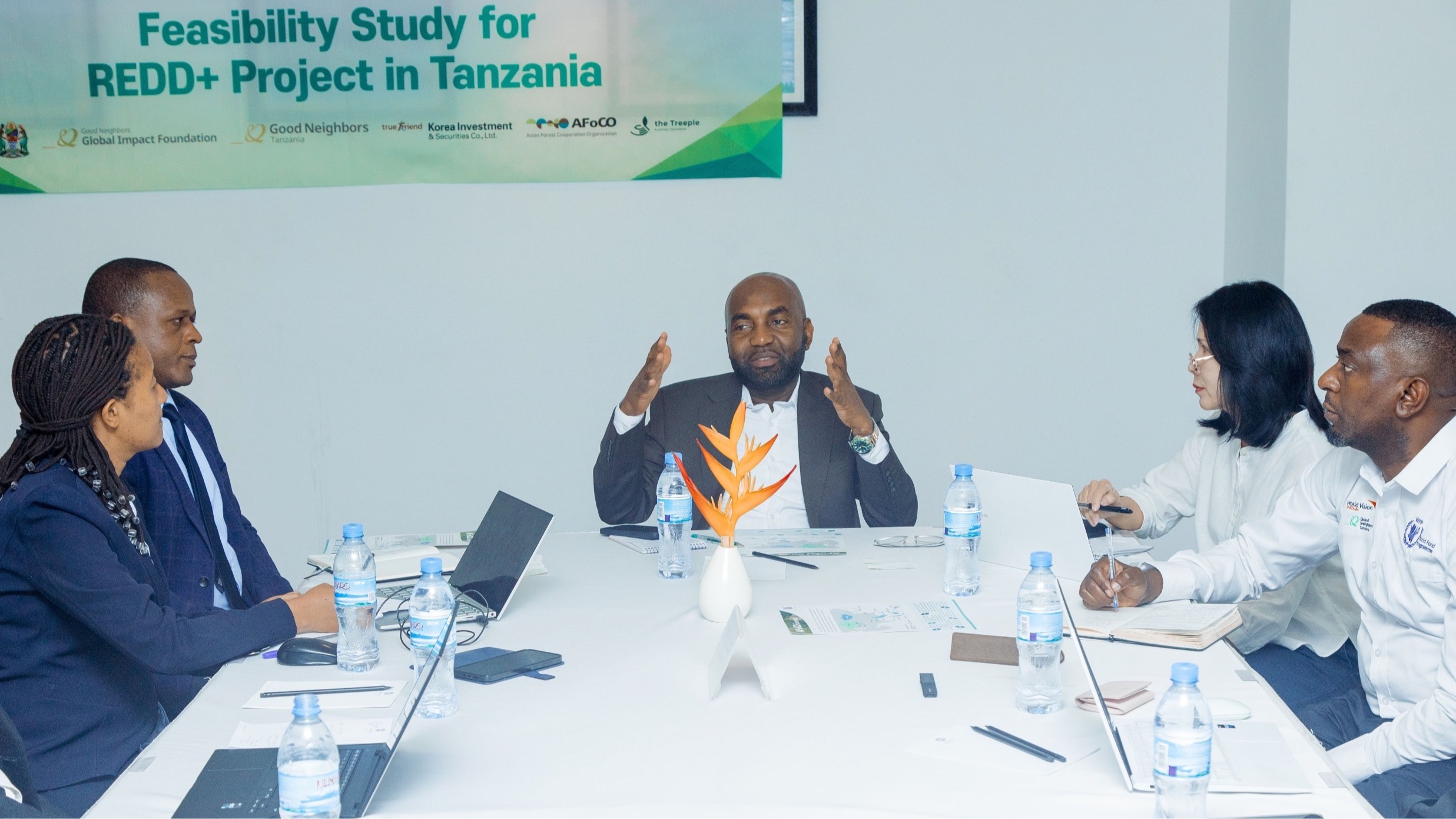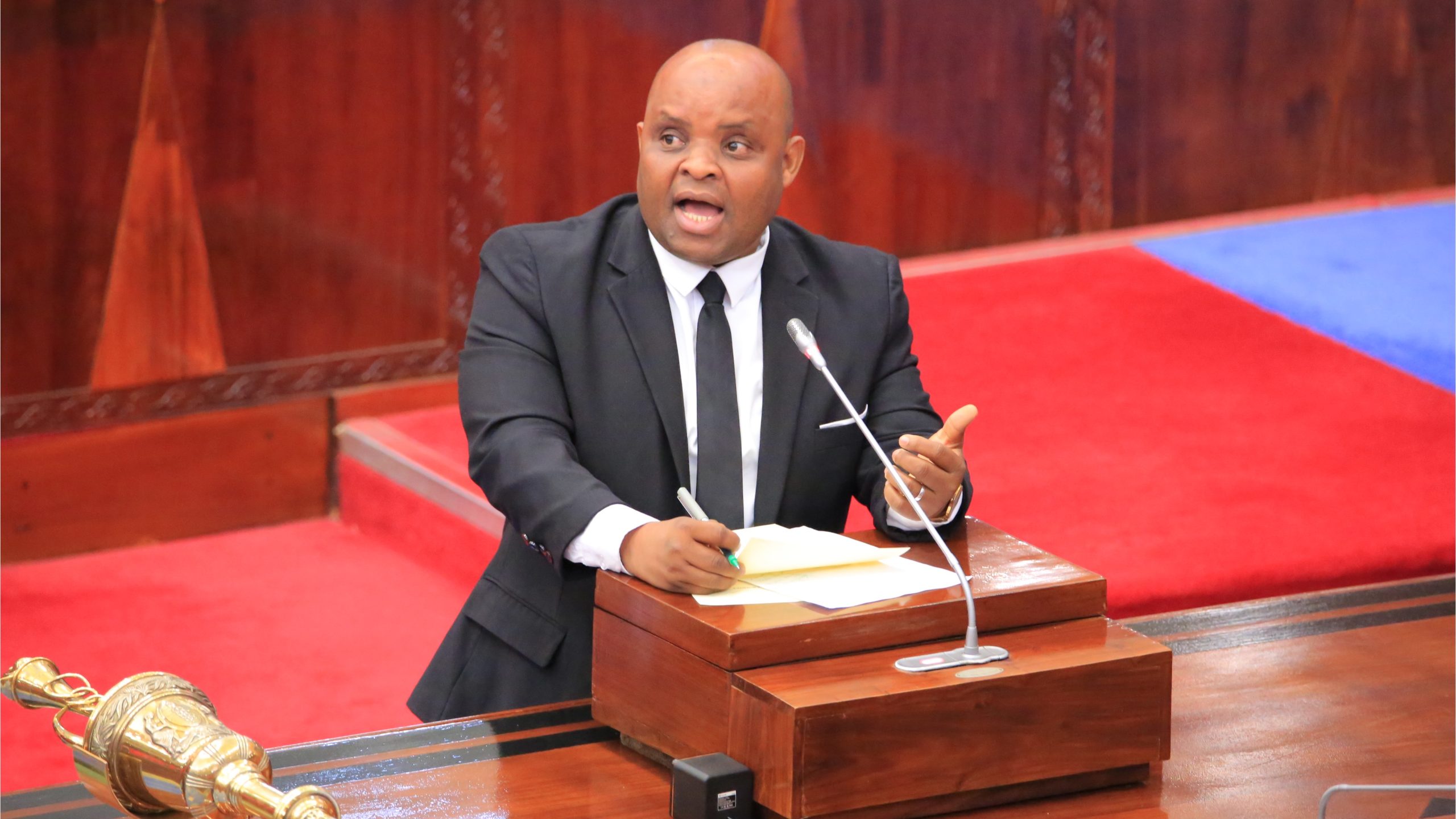BeZero, a carbon credit ratings agency, has suggested in a research note that independent ratings could lead to improved quality of biodiversity credits and increased transparency in the relatively new market. BeZero, which provides rating services for the fast-growing voluntary carbon market, believes that ratings could play a similar role in the emerging global voluntary biodiversity credit market. The additional information provided by ratings could help credit purchasers differentiate between projects based on their likelihood of success. While a few organisations are developing standards and project methodologies for biodiversity, the market still lacks a universally-accepted unit, unlike carbon.
Nevertheless, BeZero noted that the risk factors it considers when rating carbon projects, such as additionality, over-crediting, leakage, non-permanence, policy, and perverse incentives, would also apply to biodiversity projects. The challenges that biodiversity market participants face in developing transparent and credible rules and guidelines around these issues are considerable, and credible units will likely require significant investments in monitoring, reporting, and verification.
For example, biodiversity projects will face the same risks as nature-based carbon projects in over-issuing due to factors such as unrepresentative baseline assumptions.
“This risk may be even greater due to the complexity of measuring biodiversity,” the agency said.
“As biodiversity credits can be measured using different metrics, the coverage would need to be defined and limits set for what can and can’t be measured.”
Likewise, non-permanence through natural risks like fires will be a feature in the biodiversity market, and BeZero recommended a buffer pool be considered, where a percentage of all credits issued be set aside to compensate for project area loss from natural disasters.
ADDITIONALITY
The issues of additionality and policy risk will also play a key role in project approval and credit issuances, as almost 200 nations in December signed up to the Kunming-Montreal Global Biodiversity Framework, pledging to protect 30% of their land and oceans by the end of the decade.
“Many governments are implementing their own measures to limit loss of biodiversity within their own territories. Over 100 countries now have enacted legislation to protect natural ecosystems from further damage and to encourage restoration,” BeZero said.
“While these moves by governments should be welcomed as supportive of global objectives to protect nature, they have the potential to make the case for additionality of individual projects harder to demonstrate. Just as additionality is a key concept in the VCM, it will also be necessary to demonstrate any biodiversity uplift is more than business as usual.”
BeZero noted that a supportive policy environment for conservation efforts could create difficulties for developers in demonstrating additionality in the biodiversity space. Even though such policies may not necessarily translate into finance for on-the-ground activities, developers might need to focus on the financial viability of projects with and without access to biodiversity credits. This differs from carbon projects, where financial additionality criteria are implemented. In the absence of crediting, conservation projects won’t have access to commercial finance and might have to rely on government support or philanthropy. Moreover, many government-designated protected areas lack funding for adequate enforcement. Before the market can take off, there are several questions that need answers, such as how to deal with applications from those seeking access to a future biodiversity credit market.
BeZero believes that transparency is essential for the successful implementation of biodiversity credits and the markets that support them. While the independent assessment of project claims, set against factors common to the voluntary carbon market, such as additionality, permanence, and leakage, will be crucial for investors seeking to create genuine, persistent, and positive change for nature, there is a need for organizations like BeZero in the fledgling market. However, the ratings agency did not indicate whether it plans to offer biodiversity services in the future.



